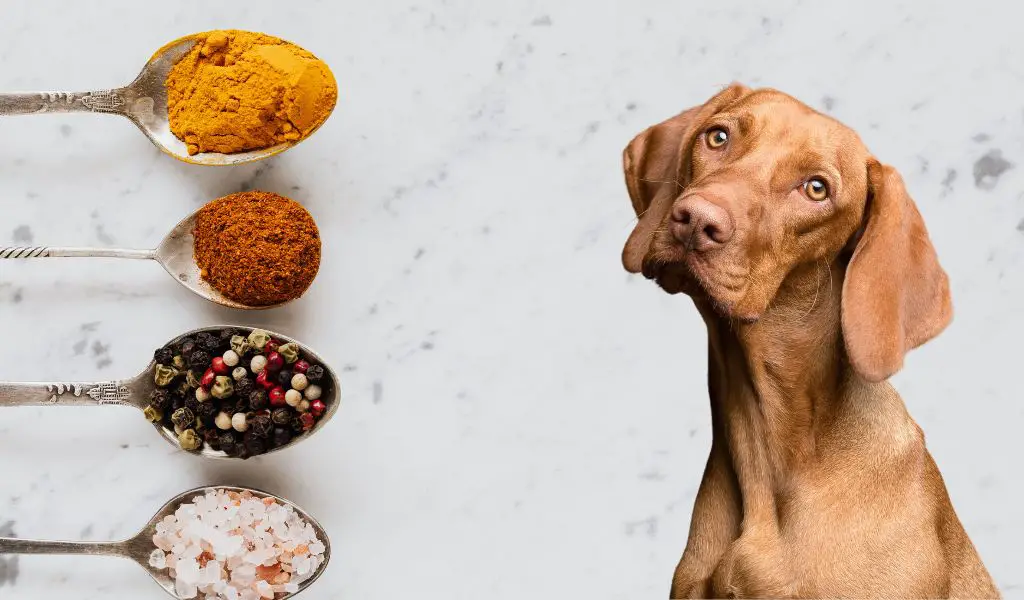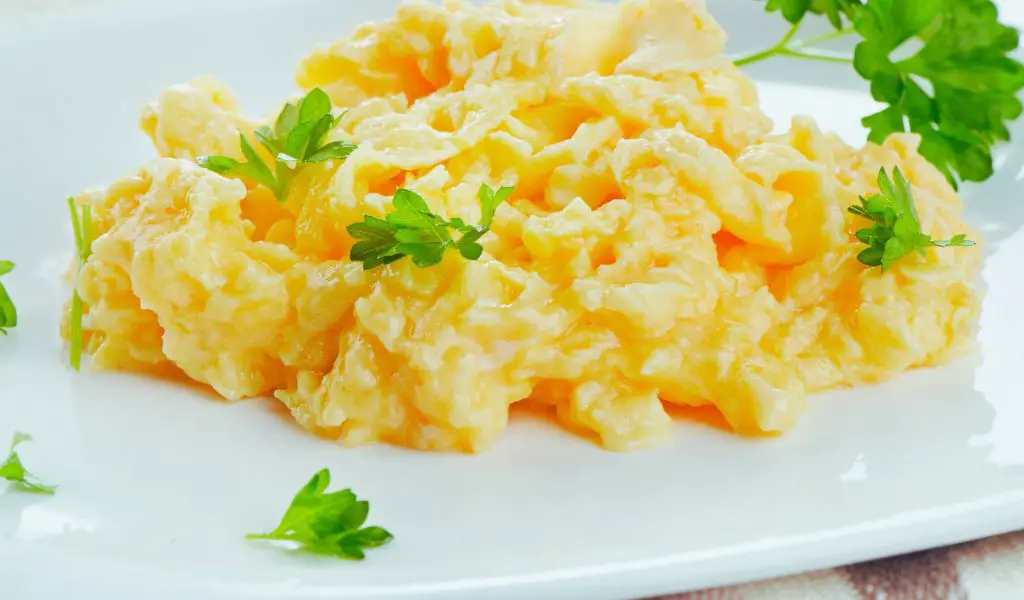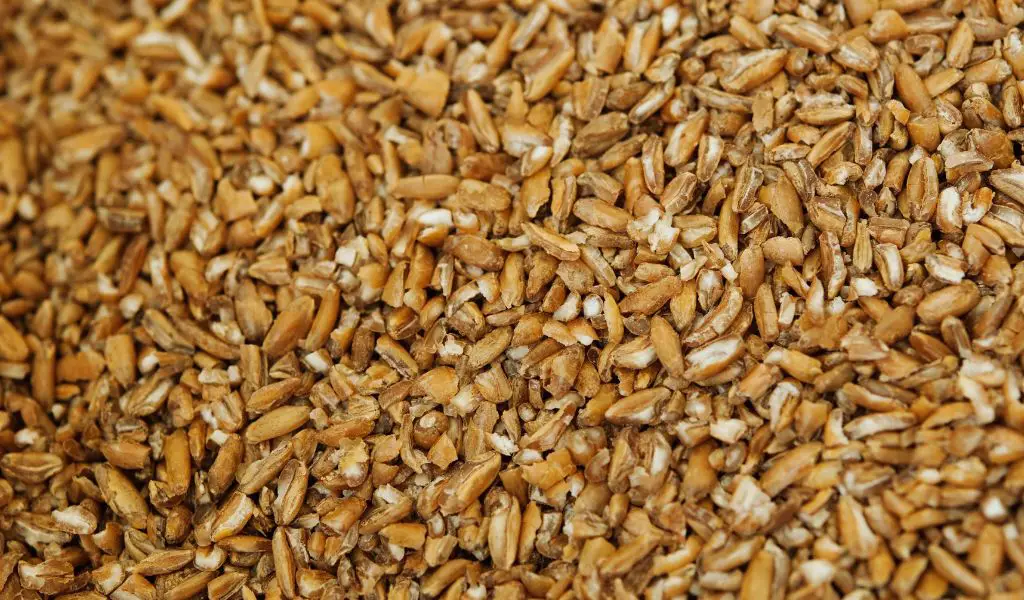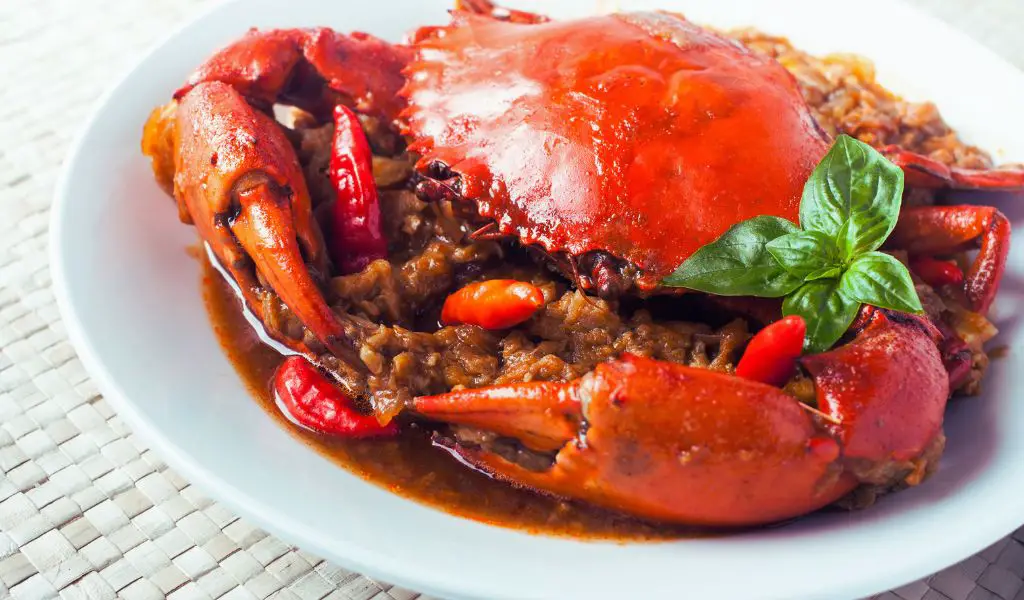Yes, dogs can eat scrambled eggs in moderation. Eggs are a good source of protein and can be a healthy addition to your dog’s diet. However, it’s essential to keep a few factors in mind to ensure their safety and well-being.
Dos
- Cook the eggs thoroughly: Raw eggs may contain bacteria like Salmonella, so it’s crucial to cook them properly before serving them to your dog.
- Use plain, unseasoned eggs: Avoid adding any seasoning, such as salt, pepper, or spices, as they can be harmful to dogs.
- Serve eggs as an occasional treat: While eggs can be nutritious, they should not replace a balanced diet and should be given as an occasional addition to your dog’s meals.
Don’ts
- Overfeed eggs: Too many eggs can lead to an imbalanced diet and potential digestive issues for your dog. Moderation is key.
- Feed eggs with shells: Eggshells can be a choking hazard and may cause gastrointestinal blockages. Remove the shells before offering scrambled eggs to your dog.
- Rely solely on eggs for nutrition: Eggs should not replace a complete and balanced dog food diet. Consult with your veterinarian to determine the appropriate feeding guidelines for your dog.
Can I feed my dog raw eggs instead of scrambled eggs?
It is not recommended to feed raw eggs to dogs due to the risk of bacterial contamination.
Can eggs cause allergies in dogs?
While allergies to eggs are possible, they are relatively rare in dogs. If you suspect your dog has an allergy, consult with a veterinarian.
Can I add other ingredients like cheese or vegetables to scrambled eggs for my dog?
It’s best to keep scrambled eggs plain and unseasoned. Additional ingredients like cheese or vegetables may not be suitable for all dogs, so it’s important to consult your veterinarian before making any modifications.
Conclusion and final thoughts 💭
In conclusion, dogs can enjoy scrambled eggs as a part of their diet, provided they are thoroughly cooked and served in moderation.
Remember to follow the do’s and don’ts outlined above to ensure your dog’s safety and well-being.
If you have any concerns or specific dietary questions, consult with your veterinarian for personalized guidance.




